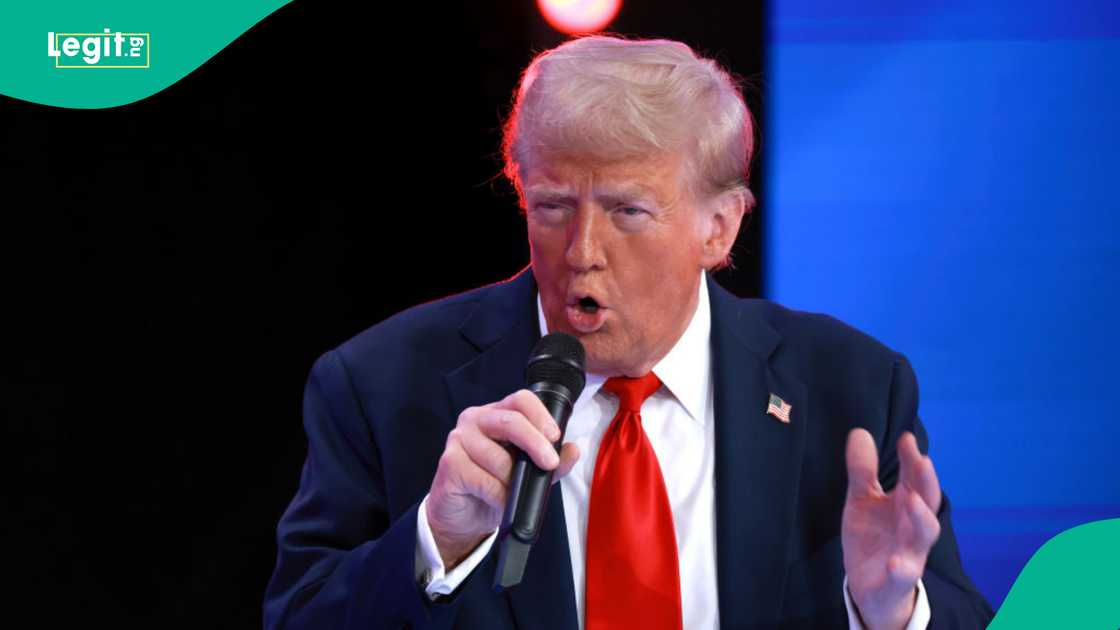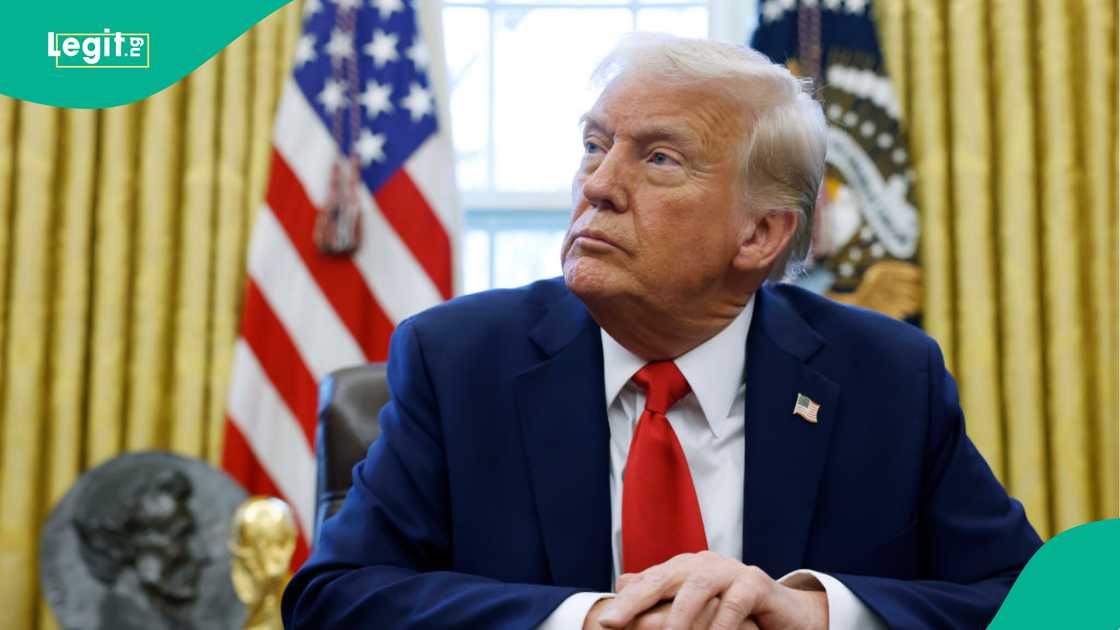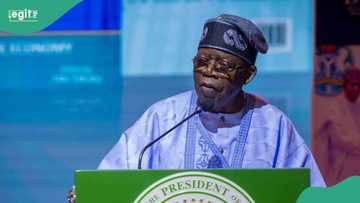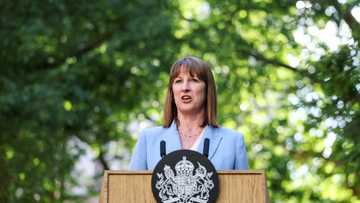Billionaires Back $1,000 Government-Funded Savings Accounts for Babies Proposed by Trump
- Donald Trump announced a new federal programme on June 8, 2025, that would provide American newborns with $1,000 government-funded investment accounts, tracking stock market performance
- Major business leaders, including CEOs from Uber, Goldman Sachs and Dell Technologies, pledged billions to support the initiative, which is tied to Trump’s broader legislative package, the big beautiful bill
- While supporters championed the plan as a pro-growth policy, the Congressional Budget Office warned of its potential to add $2.4 trillion to the national debt and cut key social welfare programmes
On June 8, 2025, former President Donald Trump launched a federal programme offering tax-deferred investment accounts, known as Trump accounts, for American children born between 2025 and 2029.
The initiative provides a government-funded $1,000 contribution per eligible child, tracking overall stock market performance, Guardian UK reported.

Source: Getty Images
Business leaders back Trump’s initiative
Speaking at a White House roundtable with prominent CEOs—including Michael Dell of Dell Technologies, Dara Khosrowshahi of Uber, and David Solomon of Goldman Sachs—Trump outlined the program’s structure.
He described it as a pro-family initiative that would help millions of Americans harness the strength of the economy to lift up the next generation.
Several business leaders pledged billions to support employee families through additional contributions.
Trump's policy and legislative challenges
Despite strong backing from corporate leaders and House Speaker Mike Johnson, the programme faced hurdles in the Senate.
Johnson hailed the policy as a bold, transformative initiative that would give every eligible American child a financial head start from day one, emphasising Republican support for pro-growth initiatives.
However, Trump acknowledged that the accounts depended on passing his larger legislative package, branded as the big beautiful bill.
Trump's policy: Fiscal and economic implications
The Congressional Budget Office recently analysed the bill, estimating an increase of $2.4 trillion in national debt over the next decade.
While Trump argued that it would be fully funded through targeted reforms such as welfare changes and a proposed remittance tax, the report highlighted cuts to Medicaid and food assistance, potentially leaving 10.9 million more Americans without healthcare by 2034.
The concept mirrored previous programmes such as the UK's Child Trust Fund, which ran from 2002 to 2011, and Singapore’s Baby Bonus Scheme.
The accounts, formerly called Maga accounts, resembled 529 college plans but offered lower contribution limits. Some financial advisers expressed reservations about the programme’s investment incentives.

Source: Getty Images
Trump's policy outlook and legislative path forward
Trump expressed confidence in the scheme’s returns, stating that beneficiaries would really be getting a big jump on life, especially if the numbers and the economies performed well in the future.
Meanwhile, Johnson cautioned against legislative delays, warning that failure to pass the bill would result in the largest tax increase in American history. With congressional debate ongoing, the future of the programme remained uncertain.
Trump bans countries from coming to US
Legit.ng earlier reported that Trump signed a proclamation enforcing a sweeping travel ban on multiple nations, citing security risks.
The ban, set to take effect at 12:01 a.m. on 9 June, will fully restrict nationals from 12 countries and impose partial restrictions on seven others, CNN confirmed.
Proofreading by James Ojo, copy editor at Legit.ng.
Source: Legit.ng




